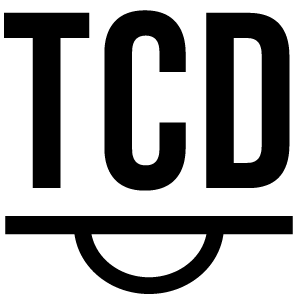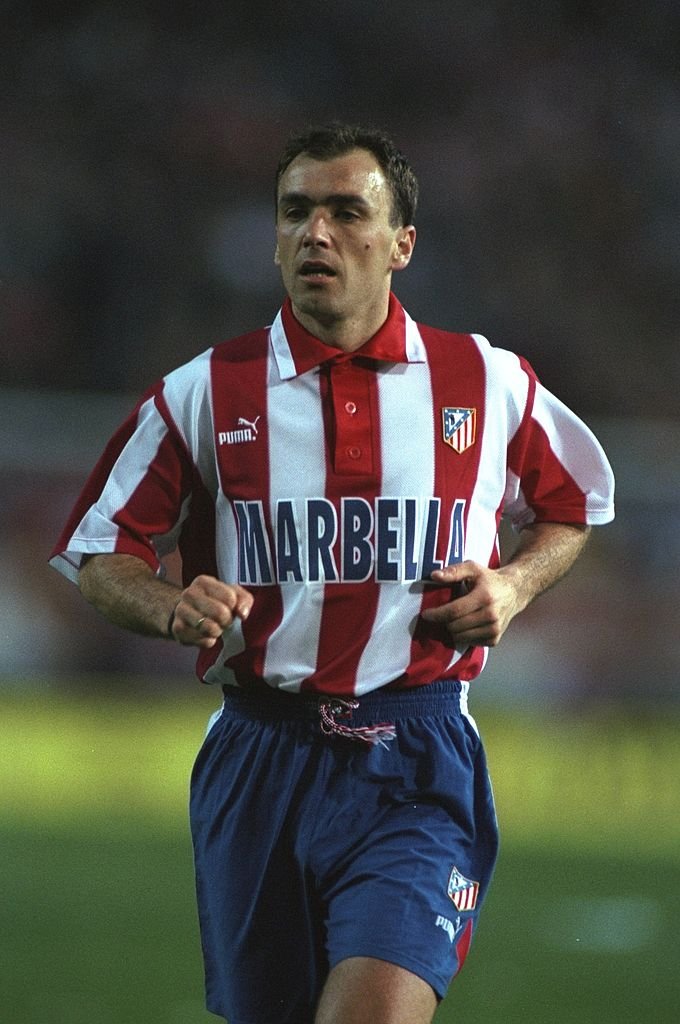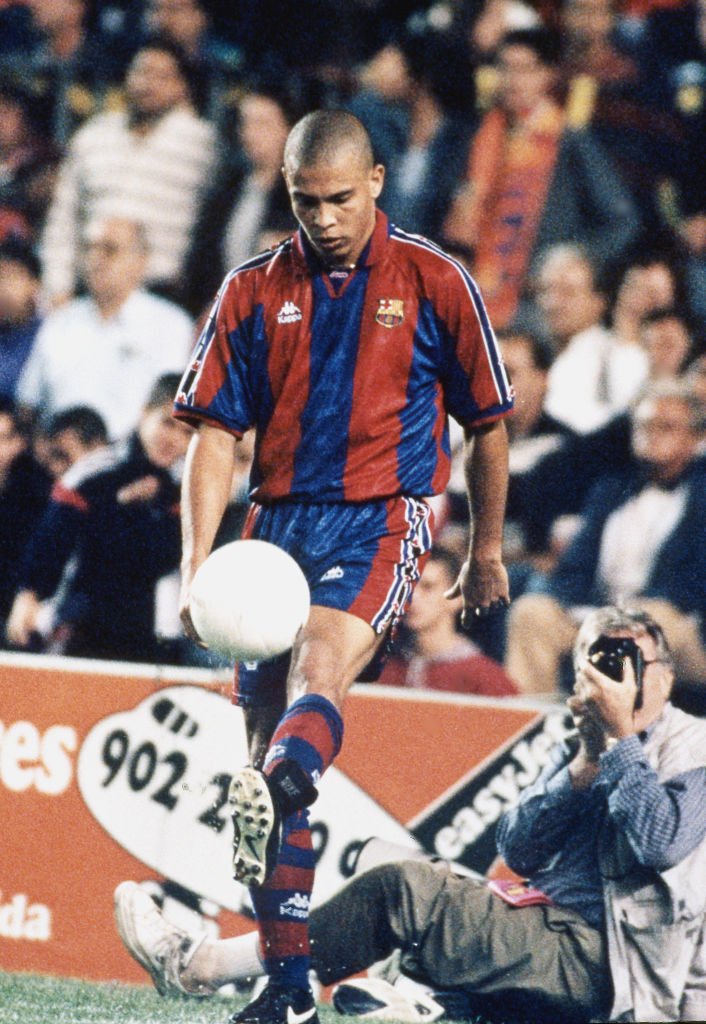25 Years On: Barcelona’s Fabled Copa del Rey Comeback
Barcelona currently find themselves at a crossroads. For so long, the side that set the standard in both Spain and on the continent has suffered financial trouble, poor results and the departure of a God-like figurehead. The Blaugrana need a comeback. Intriguingly, the current situation in which they find themselves is hauntingly akin to experiences of the past. As famed La Masia graduate Xavi masterminds Barça’s return to the summit, there is hope and solace to be found in the history books.
A quarter of a century ago, on the 12th of March 1997, Barcelona and Atlético Madrid produced one of the greatest footballing spectacles of the last fifty years. From the perspective of a fan, the match was a culmination of club politics, internal struggle, poetic defiance and footballing wonder. The 1997 Copa Del Rey Quarter final second leg at the Camp Nou was defined by its narratives. Much like a fabled boxing match, the magnitude of this game was elevated by excitement, trepidation and malicious rumour. What resulted was simply ludicrous and, in the words of the Spanish Newspaper El Mundo Deportivo: “The most vibrant, emotional and spectacular match of recent years.”
New Beginnings: Enter Señor Bobby
In the summer of 1996, Barcelona were on the hunt for a new manager. Luis Figo’s loan move to the Primeira Divisão drew attention of a certain Bobby Robson, then boss of Porto. After two trophy-less campaigns for the club, Robson seemed the right man to end the drought; he had won eleven trophies with Ipswich, PSV and Porto, as well as a respectable tenure as England boss. Success in Suffolk, however, would by no means guarantee championhips in Catalonia. This is especially true given that they were not only on the hunt for a new manager, but something far, far greater than that. In Johan Cruyff, they had lost the man who instilled the Barcelona brand of play and altered the club’s existence. Between the years of 1988 and 1996, Cruyff would match Robson’s 11 major titles with Barcelona alone, including four league titles in a row between 1991 and 1994. The bringing together of legendary players like Guardiola, Koeman, Laudrup, Hagi, Stoichkov and Romário developed something akin to the modern tiki-taka. Such dominance on the field led to their adoring public christening them ‘The Dream Team.’ As dreamy as the Cruyff era was, a messy divorce ensued, leaving a nightmarish scenario for Robson to negotiate. Large masses of the fanbase were devastated with the decision to sack Cruyff, whose status in Catalonia had transcended football. Bobby, in comparison, was seen as old and considerably less progressive, given that he was English. Pressures were exacerbated by the language barrier, with assistant Jose Mourinho acting as translator while Robson learnt Spanish.
Robson did have one play up his sleeve, however, to sway the apprehensive public – a gamble that would define his Barça tenure. Utilising connections forged with the hierarchy at Eindhoven during his spell there, Robson moved decisively for Ronaldo Nazário in a world record $19.5 million deal. With hindsight, it seems silly to suggest that a player Mourinho would later proclaim to be “the greatest player I have ever seen in my life” was a gamble for Robson. At the time though, Ronaldo was a fresh faced 20-year-old who had performed only in a league deemed levels below La Liga. The consensus was that, if this transfer failed, Robson would lose his job. Appropriate then, that Ronaldo’s debut came in the Supercopa de España against Atlético Madrid, thus beginning the chain of events that would culminate in March 1997.
Barça qualified for the Super Cup as runners up of the 1996 Spanish cup, losing to Los Rojiblancos, who also won the league for good measure. The Brazilian netted twice on his debut guiding The Blaugrana to a 5-2 win against the reigning Spanish champions. The second leg ended 3-1 to Atleti, foreshadowing the high-scoring games between the two sides that season, which averaged just over six goals a game. Regardless, Bobby’s men had overcome the best side in the land, Ronaldo was scoring goals and, after a two season wait, silverware returned to the Camp Nou.
When the two sides met in the league in November 1996, Barça were unbeaten, winning eight of their opening eleven matches. A typically lacklustre 3-3 draw ensued, causing them to spiral out of control and lose three out of their next seven league games. This did include a 2-0 El Clásico loss, however, dramatically increasing the pressure on Robson. February brought three La Liga defeats, where Barcelona were unable to score and conceded twice or more on each occasion, most notably a 4-0 defeat to CD Tenerife. Inconsistent results bred discontent amongst factions of the Barcelonistas. The board, despite appearances, were debating on pulling the plug. Such is the savage nature of Spanish football, that time is rarely on your side, with divisive men in suits too often giving into pressure to make rash decisions. Often untrustworthy and politically driven, the words of club presidents required a substantial helping of salt. Nonetheless, during this difficult time on the pitch, Señor Bobby was publicly backed by President José Luis Núñez, despite remarks that judgement would come at the season’s end – a statement smothered in irony given later developments.
Revenge was administered as Real Madrid were knocked out of the Copa Del Rey at the round of 16 stage, losing 4-3 on aggregate to Robson’s Barcelona. The Quarter final first leg against Atléti at the end of February had ended in a 2-2 draw, with Barça first going a goal down before throwing away their 2-1 lead. By March, it was time for the second leg at the Camp Nou.
March 12, 1997 - Camp Nou
Excitement filled the warm Catalonian air: both sets of fans expecting, in the least, a high scoring affair. With Real Madrid out of contention, the winner of the tie would become favourites to go on to win the competition, raising the stakes even higher. Milinko Pantić opened the scoring for the team from the capital – a speculative shot from range spilled by the keeper and expertly dinked into the corner of the net by the incoming Serbian. After a few Barcelona shots that were easily dealt with, the ball would find itself with Pantić again, this time on the left of midfield, running towards the box, one-on-one with the Barça full-back. With a quick shimmy to cut inside, the Serb launched an effort from the best part of 20 yards that curled in to the right of keeper Vítor Baía’s net – the Portuguese stopper likely obstructed by the flailing leg dangled by his defender.
Given the pressurised backdrop surrounding Robson going into the game, you’d be forgiven for thinking that the crowd were baying for blood. It’s possible that some were, but others remained buoyed by the high scoring nature of the two sides’ previous meetings. Regardless, the home side found themselves 4-2 down on aggregate. Pantić would complete a rather satisfying 31-minute hat-trick, emphatically converting a spot kick into the bottom left corner. Three goals down at half time and 5-2 on aggregate – the whistles of the crowd were so deafening that referee Gracia Redondo’s merciful half time blow was nearly missed.
The second half began much better for the home side, as a low driven cross deflected up off an Atléti defender towards Ronaldo, who was hovering near the penalty spot. Lashing the ball home first time, the crowd roared as Barça pulled one back two minutes after the interval. Whatever Robson said during the break clearly worked. In what many believed was the second coming of Christ on a football field, Ronaldo secured his brace just four minutes later. A looping headed clearance found left back Sergi Barjuán whose ugly left footed volley back into the area was met by a definitive prod from the striker, generating an immensely satisfying thud as it flew into the bottom corner.
Too good to be true, sadly. No less than a minute after Ronaldo’s second, a misplaced pass from Baía fell at the feet of midfielder José Luis Caminero. With one simple touch, he rolled it into the box to find Pantić who humiliated the keeper further by delicately chipping his fourth goal into the vacant net. In the 67th minute, Luís Figo would arrive in the tie to reduce the deficit to just one goal. Not to be outdone, a smashing volley from the edge of the box flew in through a crowd of players into the top corner leaving Atléti keeper José Molina flapping in mid-air. Ronaldo would seal his own hat-trick with a goal that was so irresistibly trademark; receiving the ball from De La Peña with his back to goal, the Brazilian rolls his marker, draws the keeper and fires low and hard into the opposing corner.
The final goal was less attractive but seemingly more poetic. The ball was sensationally clawed out from the goal after a strong Abelardo header, the incoming Juan Antonio Pizzi striding towards the falling ball and slices it off his right boot across the goal. It was one of those beautiful moments where the built-up pressure for a goal is relieved with an emphatic net bulge. There’s a split second where your brain thinks “he’s muffed it, it’s wide” before the euphoria of the side netting rippling and a deafening roar of the Spanish crowd eradicate any lingering doubts. Five goals in the second half - 7-6 on aggregate. One of the greatest comebacks in the history of FC Barcelona.
Every story needs a conclusion. Having proved some of the doubters wrong that night, Bobby Robson would add the Copa Del Rey and UEFA Cup Winner’s Cup to the Supercopa de España, delivering three trophies where Barcelona had previously fallen short. Racking up 90 points in the league, two points behind eventual winners Real Madrid, Robson could claim a more-than-respectable season. Ronaldo, the signing who would determine Robson’s success early in 1996, would score 47 goals in 49 games in all competitions, and go on to become the youngest player to win FIFA World Player of the Year.
Sadly, Robson’s efforts were deemed to have fallen short, as the board announced that Bobby would be moving upstairs to be replaced as manager by Louis Van Gaal. Xavi will not face the immediate pressures that Bobby Robson was confronted with but, for better or for worse, it is reassuring for the neutral that a miracle is never too far away for FC Barcelona.





